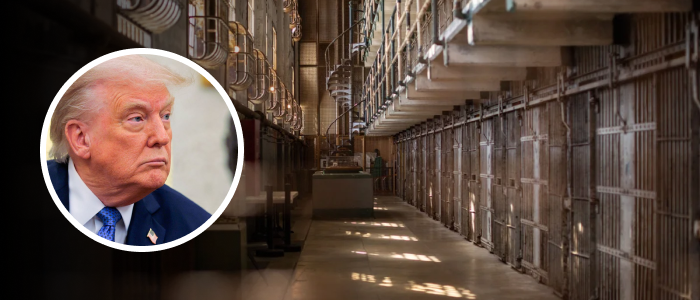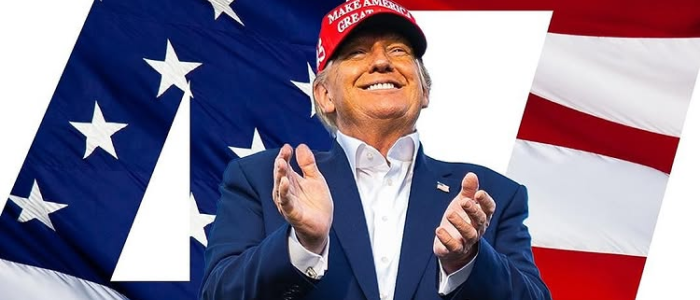On April 9, President Trump paused for 90 days his steep tariffs on nearly 100 nations, kept in place his “baseline” 10% global tariff and raised levies on China to 145% “effective immediately.” Two days later, Trump’s Customs Office announced exemptions for smartphones, laptops and other electronics which Trump promptly renounced. Among the questions that have been raised about the chaotic experimentation with punitive tariffs is whether Trump, or any president, has the legal right to impose tariffs unilaterally in the first place.
The Constitution in Article I, Section 8, expressly grants Congress the “power to lay and collect Taxes, Duties, Imposts and Excises...

” and “To regulate Commerce with foreign Nations...
.” For most of U.S.
history Congress wrote tariff law. After the catastrophe of the 1930 Smoot-Hawley tariff that helped deepen the Great Depression, Congress began the process of giving power over tariffs to presidents. It ceded more power after World War II.
The president now has the power to restrict imports, but only for specific reasons. Under trade laws passed in 1962 and 1974, the president may impose tariffs on imports that threaten national security (section 232) or in response to “large and serious” balance-of-payments deficits (section 122), a surge of imports that harms U.S.
industry (section 201), and discriminatory trade practices (section 301). Three provisions (sections 232, 201 and 301) require federal agency investigations before a tariff can be imposed. During his first term, Trump used section 232 to impose tariffs on steel and aluminum and section 301 on goods from China.
Trump is now claiming essentially complete control to impose tariffs on the entire world at his will. To achieve that, Trump has invoked the 1977 International Emergency Economic Powers Act, which doesn’t specifically mention tariffs. The IEEPA gives the president broad, emergency powers to regulate foreign commerce to deal with “unusual and extraordinary” threats against national security or the economy.
Presidents have invoked IEEPA dozens of times, but Trump is the first president to use the law to set tariff rates. He’s done so through “emergency declarations” linking the higher export taxes to efforts to combat fentanyl trafficking, illegal immigration and trade imbalances. Critics of Trump’s tariff orders say the emergency statute he cited doesn’t give him the authority to raise tariffs, especially on such a massive scale.
Even if the law were interpreted more broadly, they say the “emergencies” that Trump declared are a pretext to radically overhaul the global trading order. The tariffs could also be vulnerable to the same legal doctrine that the Supreme Court used to strike down President Biden’s use of emergency power for his COVID vaccine mandate, eviction moratorium and student loan forgiveness. The court blocked all three under its major-questions doctrine, which Justice Neil Gorsuch called “a vital check on expansive and aggressive assertions of executive authority.
” The major-questions doctrine looks skeptically at executive actions of vast economic and political significance not based on “clear congressional authority.” Since 1928, the governing Supreme Court standard has been that all congressional delegations of the tariff power must contain an “intelligible principle.” It is difficult to see how Trump’s expansive application of IEEPA conforms to that rule.
And even if the law were clear, Congress can’t delegate to the president a power the Constitution says belongs to the legislative branch. Presidents of both parties are now declaring everything to be an “emergency” to achieve their policy goals without having to deal with Congress. If Trump succeeds in unilaterally imposing tariffs at his personal whim, a future Democratic president will use “emergency” power for their favored policy priorities.
Trump’s tariff orders need a legal challenge. While the Supreme Court may be reluctant to strike down the centerpiece of Trump’s foreign policy and economic agenda, it would be a legally justified exercise of judicial authority. E-mail Jim Hartman at lawdocman1@aol.
com..
Politics

Jim Hartman: President Trump’s authority to impose tariffs

While the Supreme Court may be reluctant to strike down the centerpiece of Trump’s foreign policy and economic agenda, it would be a legally justified exercise of judicial authority.















